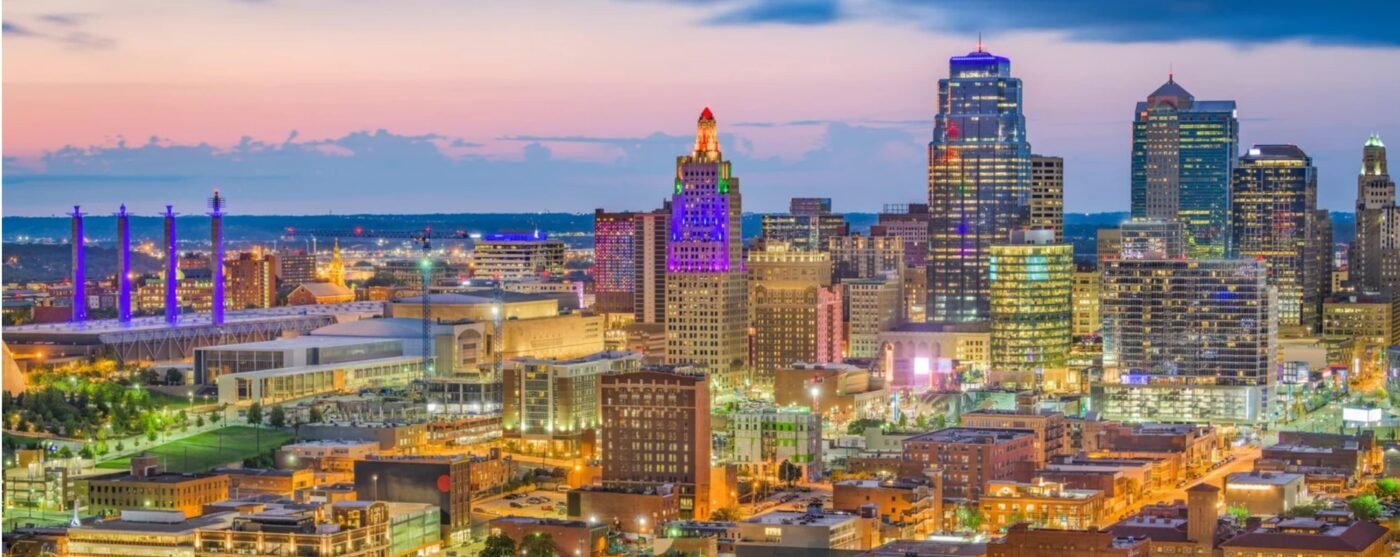
Water Quality Report for Kansas City, Missouri
Overview
Kansas City provides high-quality water to its residents, sourced primarily from the Missouri River12. The water is treated to meet stringent safety standards set by the Environmental Protection Agency (EPA) and the Missouri Department of Natural Resources (DNR)1.
Water Quality Parameters
The 2022 Water Quality Report for Kansas City indicates that the city’s water meets or exceeds all federal and state safety standards2. The report includes data on various regulated contaminants, such as biological matter, minerals, disinfectants, and additives used to ensure the water is safe to drink2.
Contaminants Monitored
The water quality report details the presence of various contaminants, including:
- Microbial Contaminants: Such as viruses and bacteria, which may come from sewage treatment plants, septic systems, agricultural livestock operations, and wildlife.
- Inorganic Contaminants: Including salts and metals, which can be naturally occurring or result from urban stormwater runoff, industrial or domestic wastewater discharges, oil and gas production, mining, or farming.
- Pesticides and Herbicides: Which may come from a variety of sources such as agriculture, urban stormwater runoff, and residential uses.
- Organic Chemical Contaminants: Including synthetic and volatile organic chemicals, which are by-products of industrial processes and petroleum production, and can also come from gas stations, urban stormwater runoff, and septic systems.
- Radioactive Contaminants: Which can be naturally occurring or be the result of oil and gas production and mining activities2.
Water Hardness
Water hardness in Kansas City is considered moderately hard to hard, with an average hardness of 150 parts per million (ppm) or approximately 8.8 grains per gallon (gpg)31. Hard water contains higher levels of calcium and magnesium, which can affect the taste of the water and the efficiency of soaps and detergents. It can also lead to the buildup of scale in pipes and appliances3.
Effects of Hard Water
- On Appliances: Mineral deposits can build up in pipes and appliances, reducing their efficiency and lifespan.
- On Skin and Hair: Hard water can cause dryness and irritation, making it difficult to lather soap and shampoo.
- On Cleaning: It can leave spots on dishes and glassware and make cleaning more challenging.
Solutions for water hardness in Kansas City Missouri
- Water Softeners: Installing a water softener can help reduce the hardness of the water. This is not the best option because water softeners exchange salt for hardness, adding an unhealthy amount of salt to your drinking water. Which is corrosive and bad for the environment. Its usage is also being banned in many municipalities.
- HydroFLOW: this is the best option for treating hard water. It lets you keep the healthy calcium in your water but renders it harmless by not allowing it to adhere to your plumbing and fixture surfaces. Learn more about the benefits of HydroFLOW.
Conclusion
Kansas City’s water quality is well-maintained and meets all required safety standards. The water hardness, while on the higher side, is managed effectively to ensure it remains safe and palatable for residents.